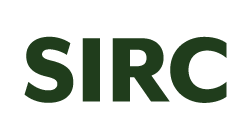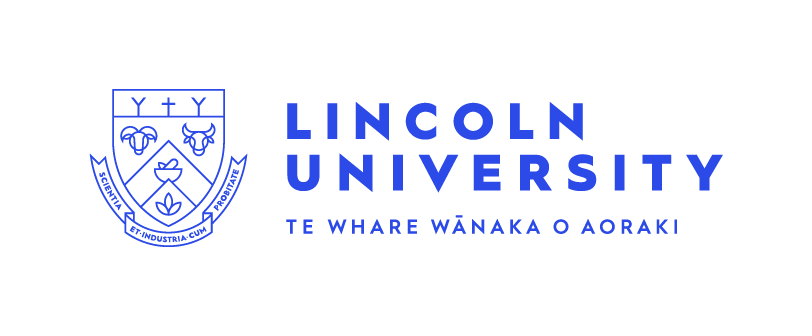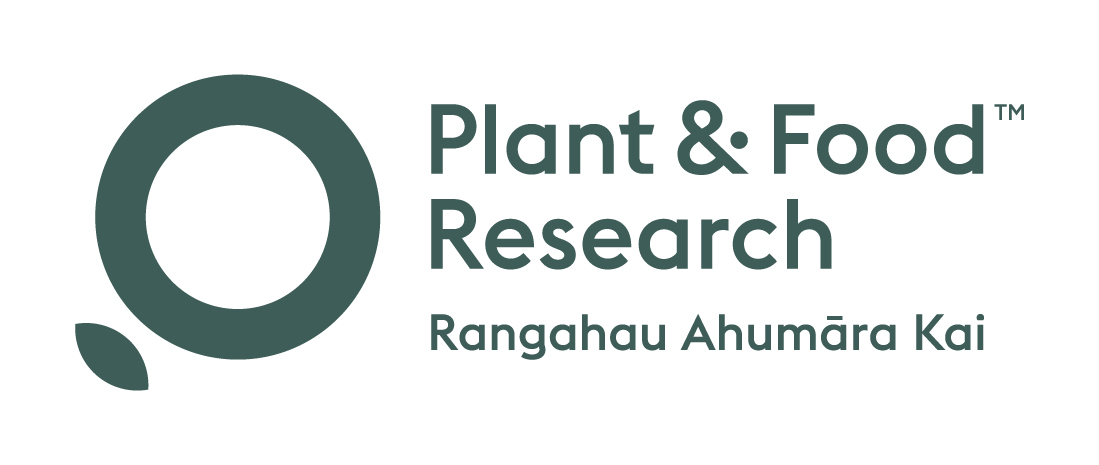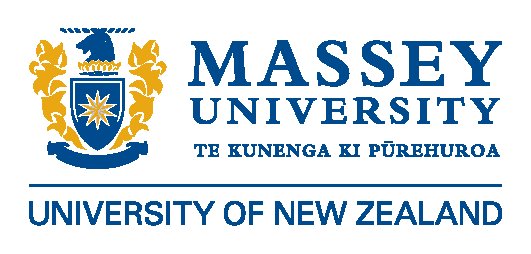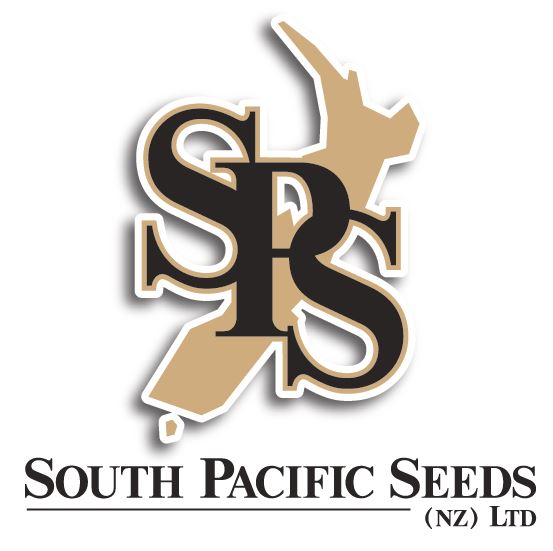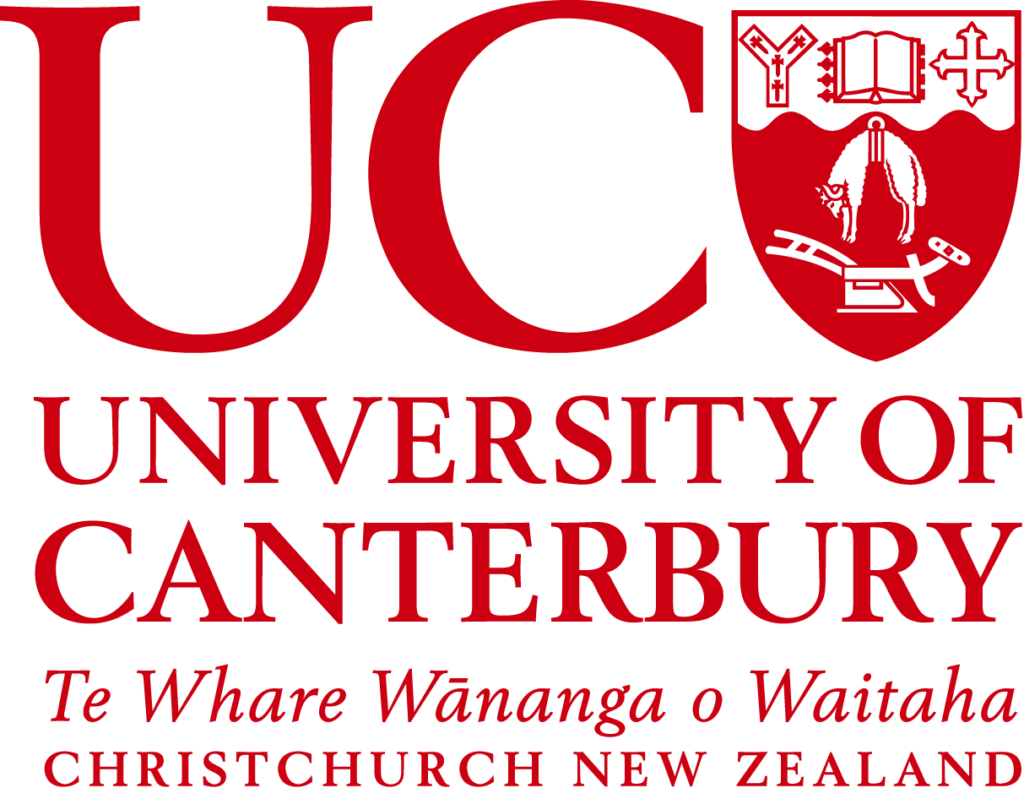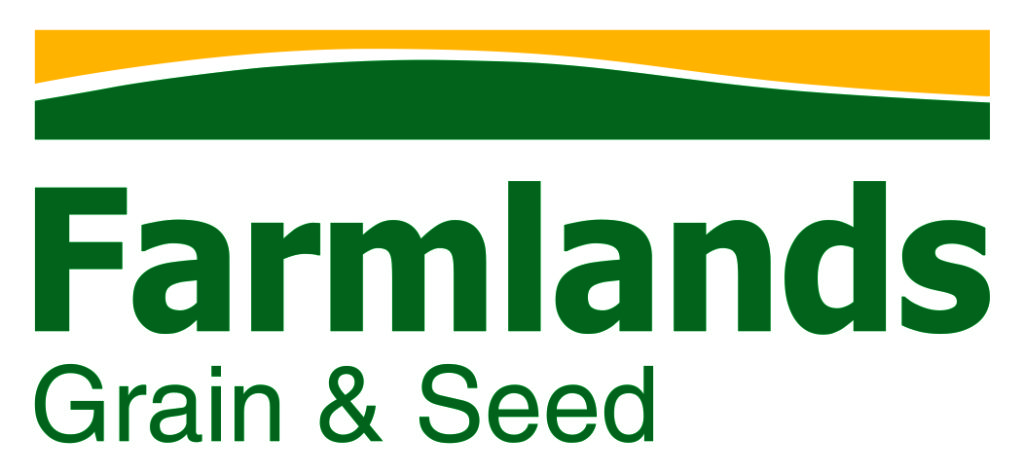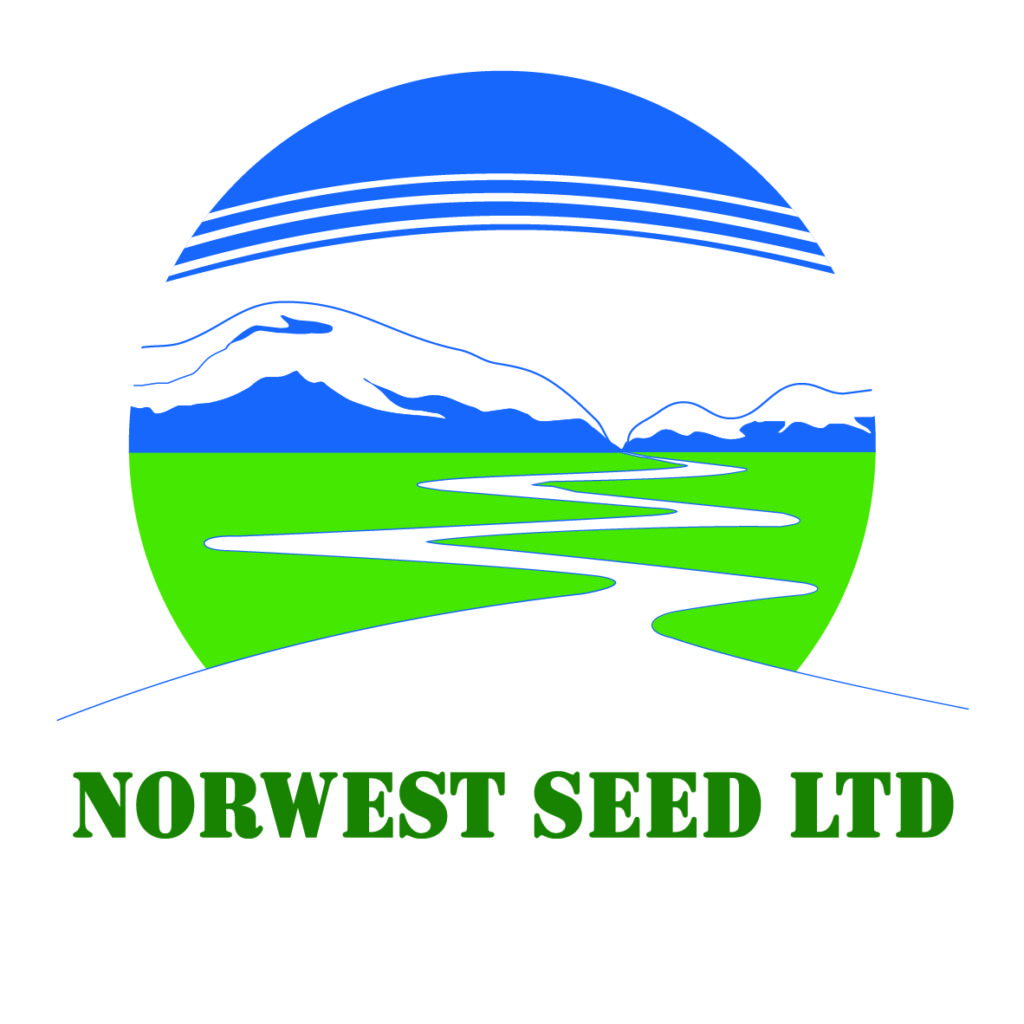The Seed Industry Research Centre Inc (SIRC) was formed in 2017 with the aim of enhancing New Zealand’s $200 million seed export sector. It is a partnership of key New Zealand seed industry stakeholders. Membership is voluntary.
Key areas
SIRC combines farmer and industry levy funds with subscriptions from research partners to carry out industry good research projects aimed at developing seed research extension capability at all levels of the New Zealand industry.
The SIRC Annual Research Results booklet for 2021-22 is available to read here
The SIRC Annual Research Results booklet for 2019-20 is available to read here
Herbage and Vegetable Seed Research Report 2020-21 read here
Scholarships
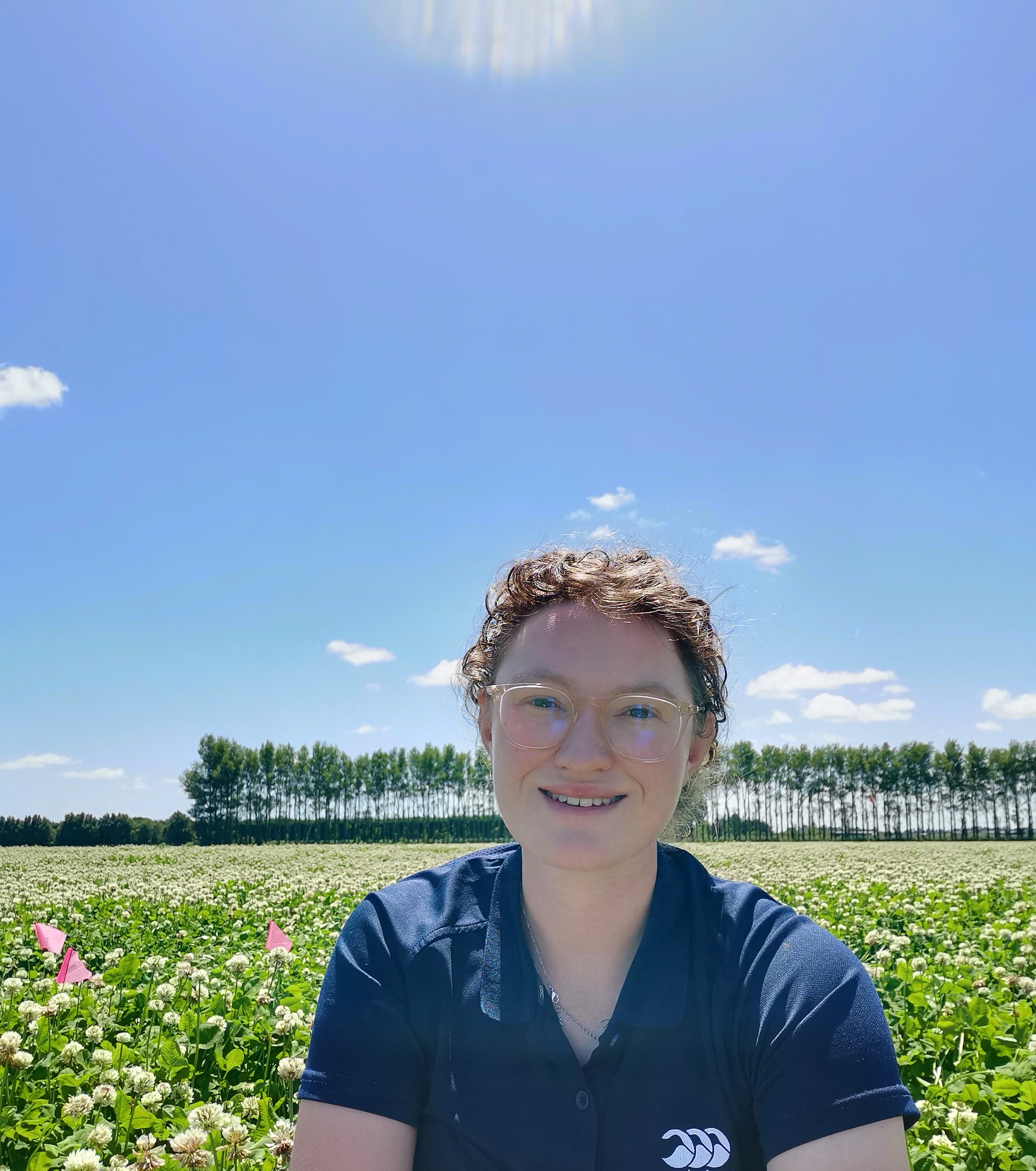
Fiona Anderson
Lincoln University, PhD Project
This research aims to improve our knowledge of the growth, development and nitrogen dynamics of white clover seed crops. To achieve this, two field experiments will monitor crops of different establishment methods from early growth stages until harvest and beyond to capture both seed production and residue breakdown. Biomass accumulation and partitioning, light interception, physiology and nitrogen movement in the plant-soil system will be measured. These data will then be used to build a white clover seed production model in the Agricultural Production Systems sIMulator (APSIM).
Asharp Sharmec Goodwin
Massey University, PhD project
Constraints to carrot seed production in Hawke’s Bay
The project will focus on carrot seed production and assess the constraints that limit commercial carrot seed production in Hawkes Bay. Once identified, the project will undertake research to determine mechanisms for overcoming or ameliorating these constraints.

Jesse Rubenstein
Lincoln University, PhD project
Jesse’s research aims to analyse MPI interception data on contaminants found within seed for sowing imports to predict the presence of a weed seed in future imports. His research will also investigate whether New Zealand’s inspection processes are fit for purpose, by comparing MPI procedures to other international inspection methods. Lastly, his work will analyse purity tests of seed lot (consignment) certificates of crop seed exported from New Zealand, to determine 1) how contamination rates and weed diversity in the paddock have changed over time and 2) to what extent improvements in seed cleaning technology have reduced contamination rates.

Joel Faulkner
Lincoln University, PhD project
“Integrated pest management of red clover seed crops”
Joel’s project investigated the ecology of red clover seed crops, and the potential for biodiversity-mediated crop benefits. He hopes his research will lead to a better understanding of the ecology of red clover seed crops, and the design of productive systems that are more resilient to change and new invasions.
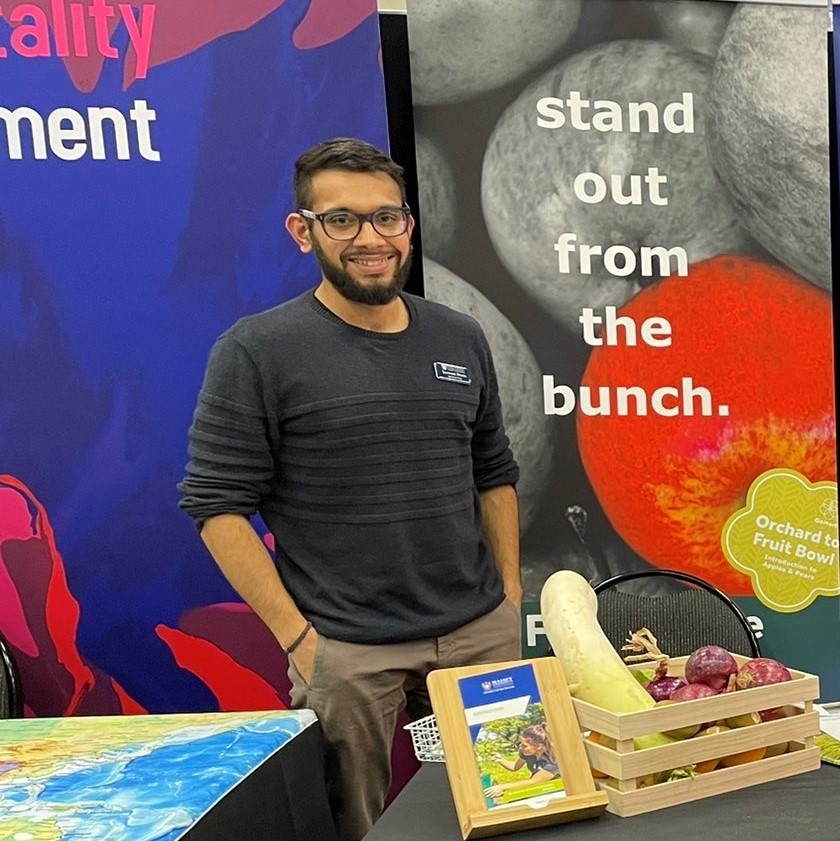
Sunmeet Bhatia
Massey University, Masters project
Hyperspectral remote sensing for early detection of wild carrot in Carrot (Daucus carota)
seed production – A feasibility study
Carrot (Daucus carota subsp. sativus) seed production is an important part of the NZ vegetable seed industry. In 2020 New Zealand carrot seed exports reached $33.4 million dollars. Increased demand for carrot crop has consequently led to an increase in demand for high quality carrot seed globally.
Most of this production is based in the Canterbury region of the South Island and there is a growing interest in expanding seed production in the Hawke’s Bay region of the North Island. However, prevalence of wild carrot (Daucus carota subsp. carota L) poses a significant constraint to carrot seed production in the region as it is a source of pollen contaminants and can cause genetic contamination within the hybrid carrot seed crop, consequently compromising the quality of the seed crop.
Consultation with seed growers and rural professionals has revealed that the current method of wild carrot control in Hawkes Bay, rouging, is labour intensive, error-prone and time consuming.
Hyperspectral remote sensing is a technology which has proven effective for agricultural applications like crop discrimination, weed identification and plant health monitoring. This project will explore the potential of Hyperspectral remote sensing as a superior alternative weed control method in the management of wild carrot in the Hawke’s Bay region of New Zealand.
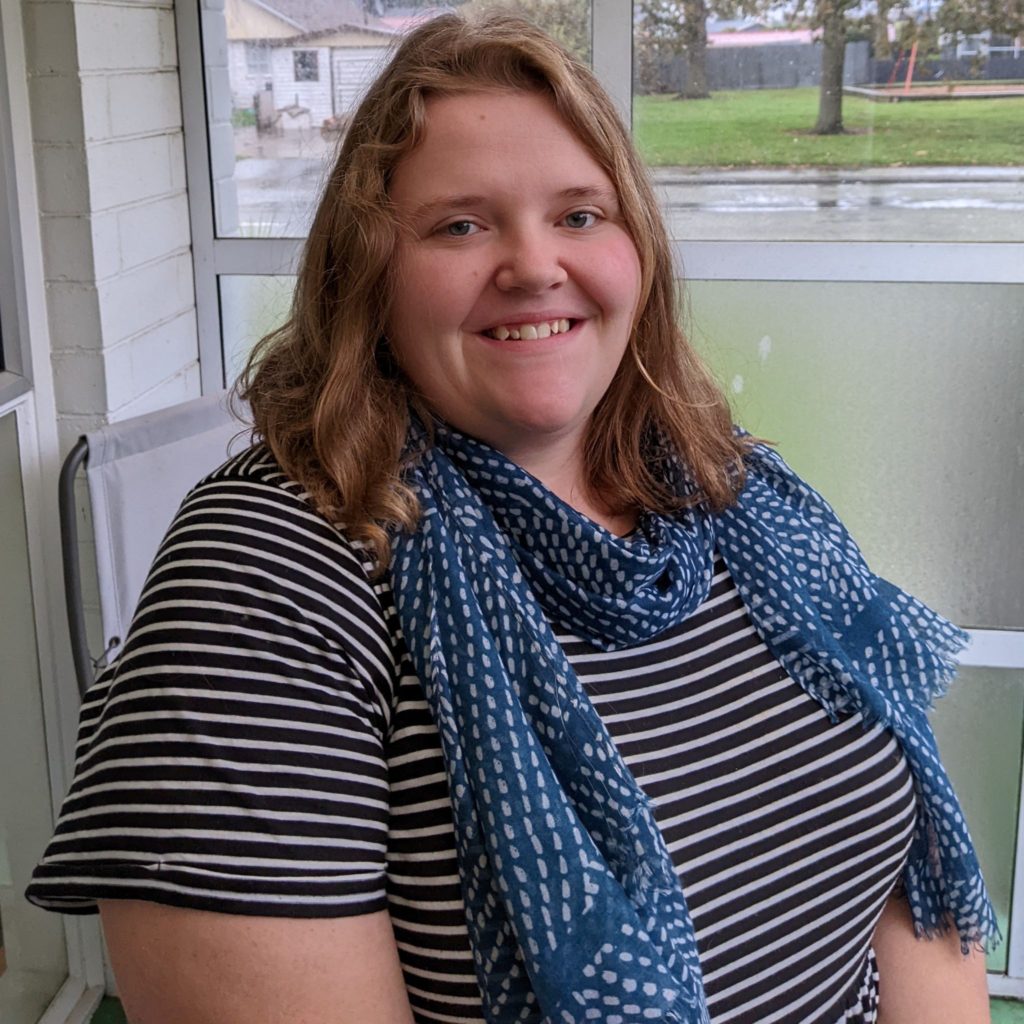
Zivana King
Lincoln University, PhD project
Zivana’s research aims to gain a deeper understanding of vigour loss in pea seeds and investigate methods for alleviating heat stress, which reduces pea seed vigour. This is being done by exposing pea plants to heat stress of different intensities at different seed developmental stages and then quantifying the extent of oxidative damage in these heat stress seeds by measuring their reactive oxygen species (ROS) and antioxidant enzyme levels. These results will then be correlated with pea seed germination and vigour. Two mitigation methods are also being investigated. The first is altering the sowing date to try and reduce the risk of heat stress damage during seed development.
The second is using Trichoderma as a seed treatment to prime the plant’s defences against abiotic stress.
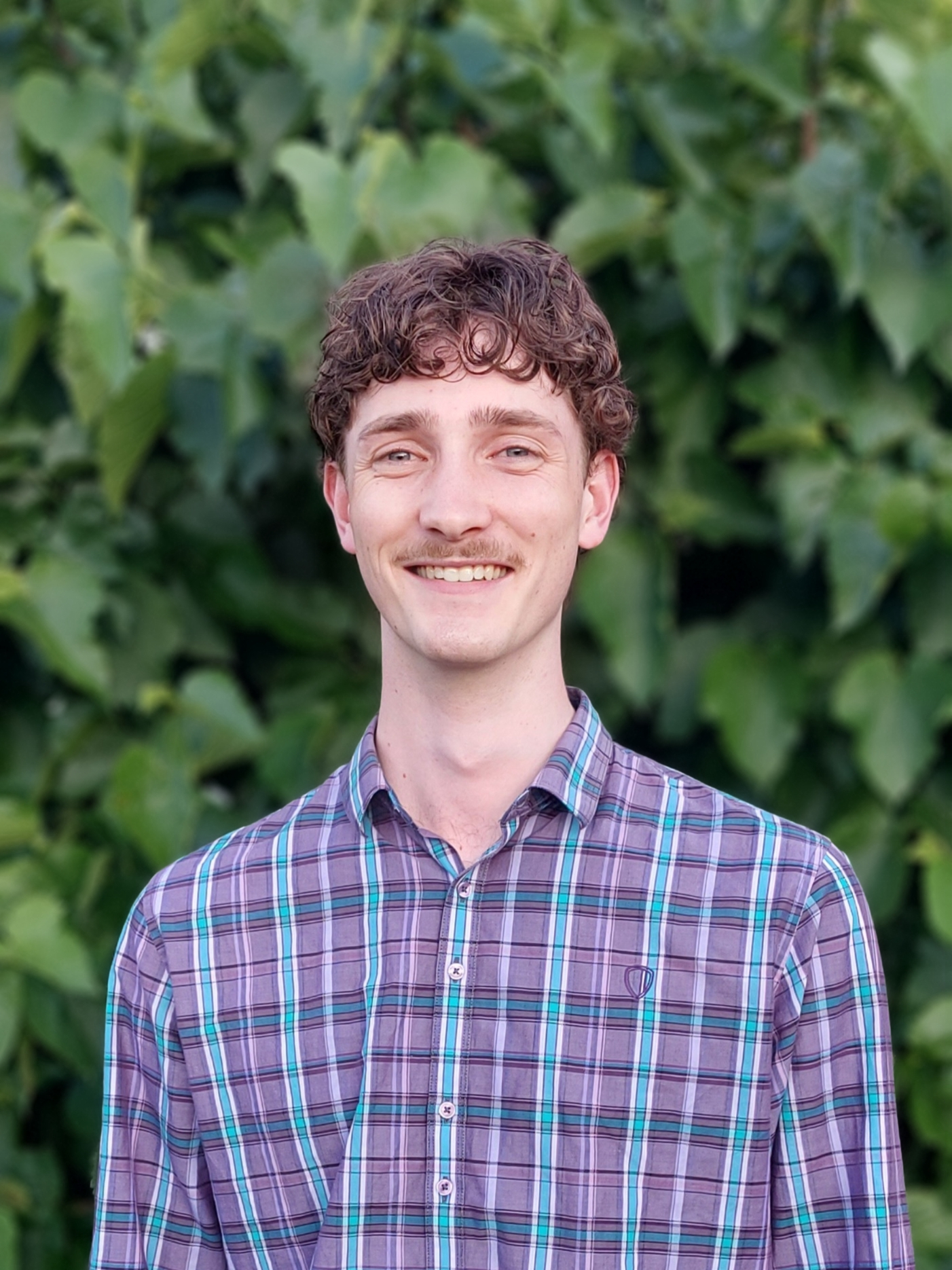
Fergus Lowen
University of Canterbury, SIRC scholarship student
Fergus’s research is focused on understanding and managing bird populations on farmlands in Canterbury. He will achieve this by measuring bird abundances and species compositions in native and exotic hedgerows, while factoring in other environmental variables, as well as comparing the efficacy of common bird deterrents and their effects on bird behaviour and seed preferences. He hopes his research will assist in informing potential bird management strategies.
Previous Scholarship Students Supported

Nick Davies
Foundation for Arable Research, Vegetable seed production
AgResearch, Post-doctoral fellowship (July 2019 – July 2022)
Nick is working on a number of projects linked to the future of seed production in a changing environment. These gaining a better understanding of stem rust infections and developing stem rust prediction models, investigating the effects of temperature changes in swaths on seed quality, creating pedigrees for New Zealand grass cultivars to help breeders make better decisions during cultivar development and the development of a perennial ryegrass seed production model within the Agricultural Production Systems sIMulator (APSIM) framework.
Millie Calder
PGG Wrightson Seeds
University of Canterbury, Honours project
Millie’s project is investigating the way that forage brassicas respond to drought and disease challenges.
Forage brassicas are an important crop option for many farming operations. Understanding drought and disease responses will be paramount for maximising economic returns while minimising environmental impacts. Two forage brassica species (rape and Raphno®) will be researched at the molecular and field level to determine the production of phytohormone Abscisic acid (ABA), reactive oxygen species (ROS), stomatal conductance’s, photosynthesis rates, dry matter yields, WUE, recovery and regrowth rates, as well as susceptibility to a common field pathogen. Analysing how these measurements may interlink and connecting this to the observations and differences found between the treatments and cultivars. These studies will provide foundation knowledge regarding abiotic and biotic stresses affecting forage brassica seed production.
Members
Contact
Postal Address:
PO Box 23133
Hornby
Christchurch 8441
